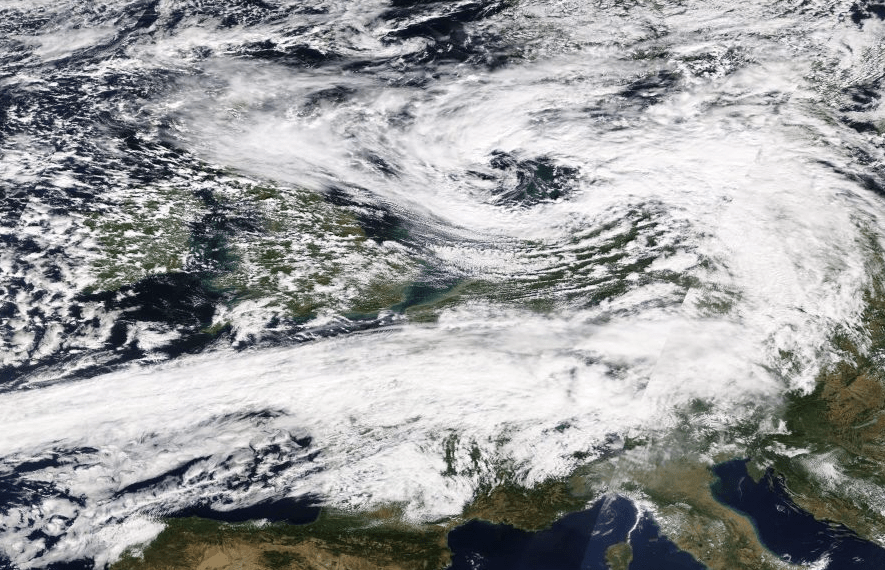An abnormally hot summer has drastically increased the risk of violent storms during the Danish autumn and winter.
Denmark has already experienced two storms: Johanne at the beginning of August and Knud at the end of September. The winds on both occasions were aggressive enough to be considered hurricane strength.
A spokesman from the Danish Meteorological Institute said “October is due to have more bad weather because of frequent low-pressure zones and fronts from the west. We predict an increased risk of extreme winds and local storms.”
Watch out for flying tiles
Insurance company Codan’s annual weather survey for 2017 shows that 44 percent of weather-related damage was caused by storms. Typically, it is the roof of a building that suffers most. One-third of all damage in 2017 was to the roof – whilst in 2016 it was 54 percent.
“About one third of Danish homeowners have experienced damage due to the weather over the last 5 years. Codan recommends that you review your house’s storm readiness so that you are prepared when a warning is issued,” said Henrik Bundgaard, head of damage claims at Codan.
“The roof is particularly vulnerable if there are, for example, loose tiles or roofing elements that can make holes in the roof where water can come in,’’ added Bundgaard.
The company notes you should check roof tiles, antennas, unsteady trees, trampolines and flagpoles.














